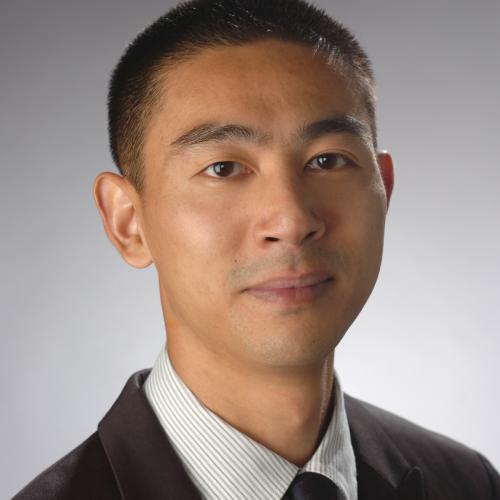Associate Professor Yang Wang will share his work at the National Science Foundation (NSF) Secure and Trustworthy Cyberspace (SaTC) Principal Investigators' Meeting, which will be held on October 28-29 in Washington, D.C. He will share his research from two SaTC-funded projects.
The first project focuses on Privacy-Enhancing User Interfaces Based on Individualized Mental Models. While smart home devices are designed to make life easier, these devices come with the risk that developers will use the collected data at the expense of user privacy.
"In our project, we present the design and evaluation of machine learning models that predict personalized allow/deny decisions for different information flows involving various attributes, purposes, and devices; what circumstances may change original decisions; and how much money one may be willing to pay or receive in exchange for smart home privacy," Wang said. "We show how developers can use our models to derive actionable steps toward privacy-preserving data practices in the smart home."
The second project focuses on Inclusive Privacy: Effective Privacy Management for People with Visual Impairments. To better inform privacy/security designs for people with visual impairments, Wang's research group "shadowed" people with these impairments and their allies, such as friends, family members, and professional helpers. They found that people with visual impairments often work closely with their allies to protect their privacy and security. According to Wang, there is particularly "a need for designing mechanisms or tools that facilitate cooperative privacy management."
Wang, who joined the iSchool faculty in August, conducts research focusing on usable privacy and security technologies, social computing, human-computer interaction, and explainable artificial intelligence. His research has received support from NSF, the Department of Health and Human Services, Google, Alcatel-Lucent, and The Privacy Projects, and has appeared in news outlets such as The New York Times, The Wall Street Journal, BBC, and China Daily. Wang's honors include the IAPP SOUPS Privacy Award, NSF CAREER Award, and a Top Privacy Paper for Policy Makers selected by the Future of Privacy Forum. He earned his PhD in information and computer science from the University of California, Irvine.
